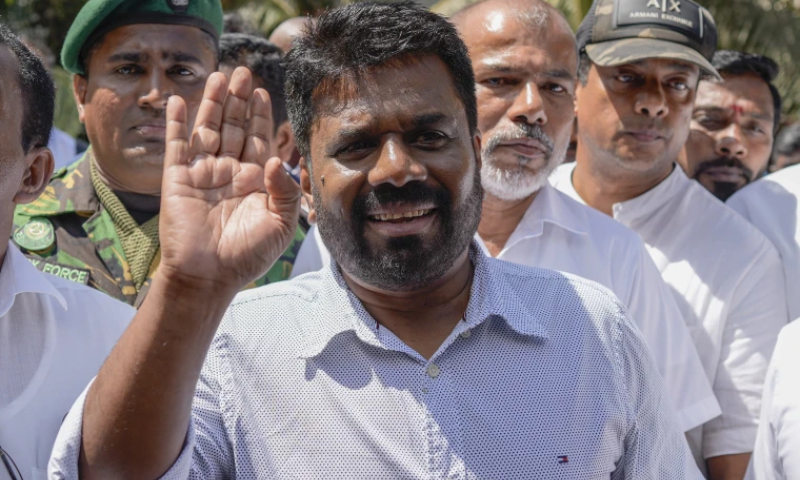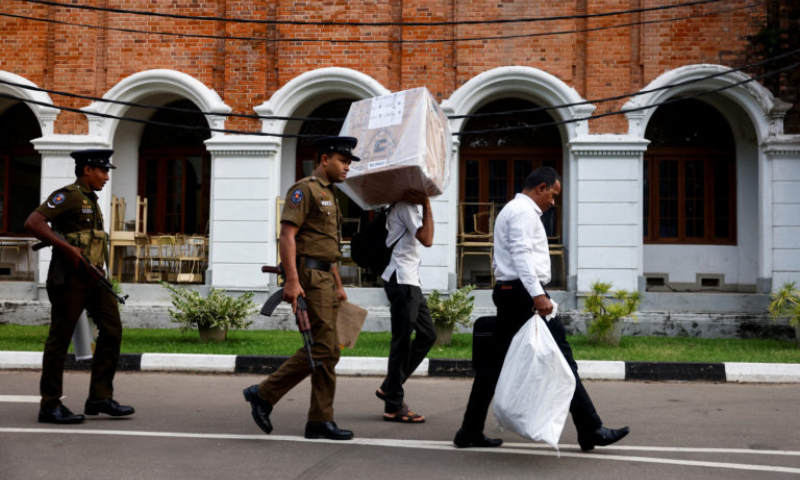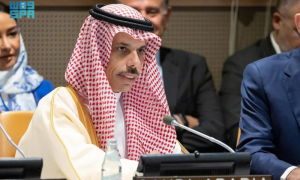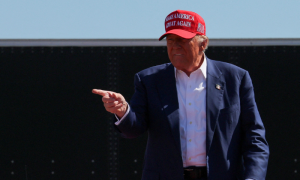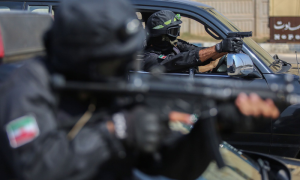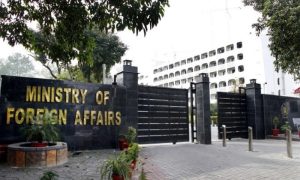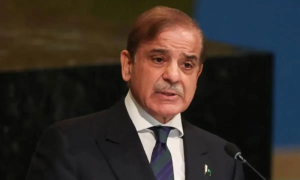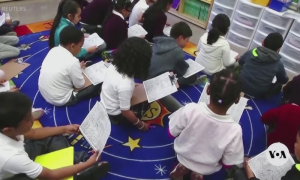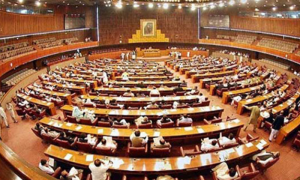COLOMBO: The Sri Lankan Election Commission on Sunday confirmed Anura Kumara Dissanayake’s victory in the presidential election. Dissanayake, a Member of Parliament and leader of the People’s Liberation Front, secured approximately 5.7 million votes, defeating his main rival, opposition leader Sajith Premadasa, who received 4.5 million votes.
This election is notable for being the first in Sri Lanka’s history to require a second round of vote counting to determine the outcome.
Following his election victory, Dissanayake pledged to dissolve parliament within 45 days of assuming office. He also outlined plans to reduce taxes and renegotiate the debt agreement with the International Monetary Fund (IMF), responding to widespread public discontent over the previous administration’s austerity measures.
The recent election took place amid severe economic turmoil that has plagued Sri Lanka since early 2022. The country has faced crippling shortages of essential goods, leading to mass protests and the ousting of former President Gotabaya Rajapaksa, who fled the country amidst civil unrest.
Dissanayake, who previously led a marginal political party, capitalized on the economic crisis to gain substantial support, positioning himself as a reformist capable of addressing the nation’s pressing challenges.
“The dream we have nurtured for centuries is finally coming true,” Dissanayake said in a statement following his victory announcement. “This victory belongs to all of us. Millions of eyes filled with hope and expectation push us forward, and together, we stand ready to rewrite Sri Lankan history.”
Outgoing President Ranil Wickremesinghe, who assumed office during the peak of the economic crisis, finished a distant third in the election with only 17% of the vote. He congratulated Dissanayake on his win, expressing confidence that the new leader would guide Sri Lanka toward stability and growth.
Wickremesinghe’s administration had imposed stringent austerity measures as part of an IMF bailout plan, leading to widespread dissatisfaction among the populace.
As part of his platform, Dissanayake aims to negotiate the terms of the existing IMF deal, which has drawn criticism for its harsh fiscal measures. A member of his party’s politburo, Bimal Ratnayake, said that Dissanayake does not intend to abandon the IMF agreement but seeks modifications to alleviate the burden on the populace, including reducing income taxes and sales taxes on food and medicines.
The election saw around 76% of Sri Lanka’s 17.1 million eligible voters casting their ballots, reflecting a strong public desire for change. However, the transition comes with challenges, as the country grapples with soaring poverty rates, which doubled to 25% between 2021 and 2022, leaving millions struggling to meet basic needs.
READ ALSO: Israel Kills Top Hezbollah Leader in Beirut Strike
Dissanayake’s administration is expected to navigate the complex geopolitical landscape in South Asia, particularly regarding relationships with neighboring India and China. Ratnayake reassured that Sri Lanka would not allow its territory to be used against any other nation.
The political climate remains tense, with a temporary curfew imposed after polling closed to prevent any unrest. Election authorities have prohibited victory rallies or celebrations until a week after the final results are declared.
Dissanayake’s inauguration is scheduled for Monday morning at the historic President Secretariat in Colombo, where he will outline his vision for leading Sri Lanka through its ongoing economic challenges.









